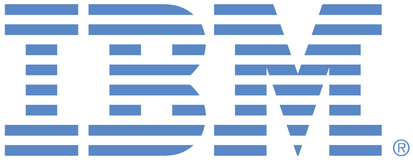
This portal is to open public enhancement requests against products and services offered by the IBM Data & AI organization. To view all of your ideas submitted to IBM, create and manage groups of Ideas, or create an idea explicitly set to be either visible by all (public) or visible only to you and IBM (private), use the IBM Unified Ideas Portal (https://ideas.ibm.com).
Shape the future of IBM!
We invite you to shape the future of IBM, including product roadmaps, by submitting ideas that matter to you the most. Here's how it works:
Search existing ideas
Start by searching and reviewing ideas and requests to enhance a product or service. Take a look at ideas others have posted, and add a comment, vote, or subscribe to updates on them if they matter to you. If you can't find what you are looking for,
Post your ideas
Post ideas and requests to enhance a product or service. Take a look at ideas others have posted and upvote them if they matter to you,
Post an idea
Upvote ideas that matter most to you
Get feedback from the IBM team to refine your idea
Specific links you will want to bookmark for future use
Welcome to the IBM Ideas Portal (https://www.ibm.com/ideas) - Use this site to find out additional information and details about the IBM Ideas process and statuses.
IBM Unified Ideas Portal (https://ideas.ibm.com) - Use this site to view all of your ideas, create new ideas for any IBM product, or search for ideas across all of IBM.
ideasibm@us.ibm.com - Use this email to suggest enhancements to the Ideas process or request help from IBM for submitting your Ideas.
IBM Employees should enter Ideas at https://ideas.ibm.com
Alternatively, ALTERs that would normally be deferred could be made immediate for DEFINE NO objects as the only changes are in the Db2 Catalog.
Jorn found out that you can ALTER a DEFINE NO non UTS if it has one table within otherwise it fails (as to be expected!) it would be very very good if these "hidden ALTERs" were all documented in the SQL Guide like the BRF/RRF one already is. I have not personally tested a SIMPLE space or a Classic/Index based non-UTS Partitioned tablespace to see if this ALTER works without going into advisory REORG...
This is already supported by IBM for BRF/RRF so I hope it is an easy change:
REORG TABLESPACE (One exception is if ROWFORMAT RRF is specified in the REORG statement and the specified target is an undefined table space in basic row format. In this case, REORG updates the row format definition in the catalog and directory. No data sets are defined for the table space.)